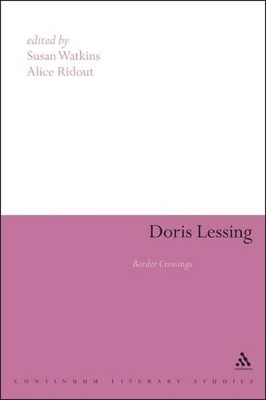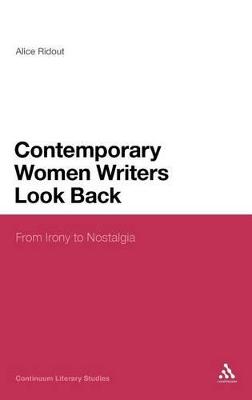Continuum Literary Studies
2 total works
Doris Lessing
by Fiona Becket, Nick Bentley, Edith Frampton, Pat Louw, Phyllis Perrakis, Alice Ridout, Ruth Robbins, and Roberta Rubenstein
Published 1 January 2009
Despite winning the Nobel Prize for Literature, Doris Lessing has received relatively little critical attention. One of the reasons for this is that Lessing has spent much of her lifetime and her long published writing career crossing both national and ideological borders. This essay collection reflects and explores the incredible variety of Lessing's border crossings and positions her writing in its various social and cultural contexts. Lessing crosses literal national borders in her life and work, but more controversial have been her crossings of genre borders into sci-fi and "space fiction", and her crossing of ideological borders such as moving into and out of the Communist Party and from a colonial into a post-colonial world. This timely collection also considers a number of the most interesting recent critical and theoretical approaches to Lessing's writing, including work on maternity and abjection in relation to The Fifth Child and The Grass is Singing, eco-criticism in Lessing's 'Ifrakan' novels, and postcolonial re-writings of landscape in her African Stories.
Long before John Barth announced in his famous 1967 essay that late twentieth-century fiction was "The Literature of Exhaustion," authors have been retelling and recycling stories. Barth was, however, right to identify in postmodern fiction a particular self-consciousness about its belatedness at the end of a long literary tradition. This book traces the move in contemporary women's writing from the self-conscious, ironic parodies of postmodernism to the nostalgic and historical turn of the twenty-first century. It analyses how contemporary women writers deal with their literary inheritances, offering an illuminating and provocative study of contemporary women writers' re-writings of previous texts and stories. Through close readings of novels by key contemporary women writers including Toni Morrison, Doris Lessing, Margaret Atwood, Zadie Smith, Emma Tennant and Helen Fielding, and of the ITV adaptation, Lost in Austen, Alice Ridout examines the politics of parody and nostalgia, exploring the limitations and possibilities of both in the contexts of feminism and postcolonialism.

